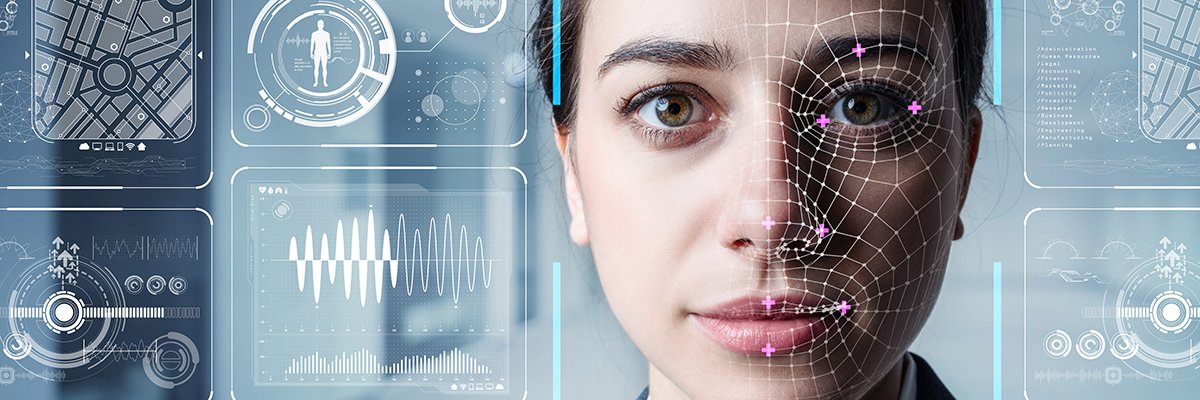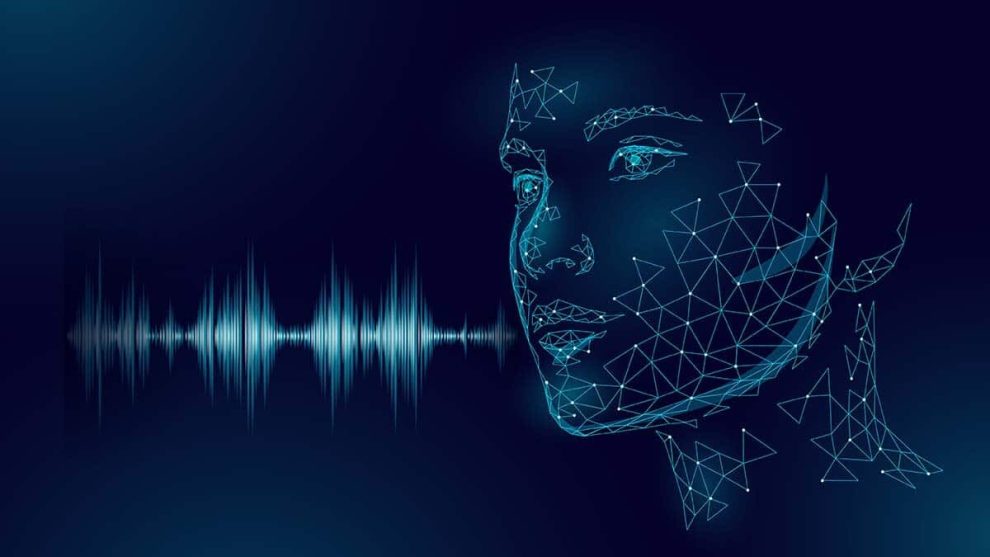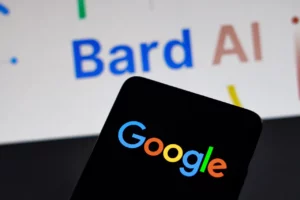In a groundbreaking development within the realm of human-computer interaction, OpenAI has unveiled a game-changing feature for its renowned large language model, ChatGPT: Read Aloud. This innovative functionality empowers users to engage with ChatGPT’s responses not only through text but also via an audible format, marking a significant stride forward in the way humans interact with and comprehend the outputs generated by AI language models.
Unveiling the Transformative Power of Read Aloud
Seamlessly integrated into both the ChatGPT mobile app and web version, the Read Aloud feature is readily accessible to a vast user base. By activating this feature, users can have ChatGPT’s responses spoken aloud in a clear and natural-sounding voice, opening up a world of potential applications and benefits that cater to diverse user preferences and needs.
One of the most remarkable aspects of Read Aloud is its ability to enhance accessibility and inclusivity. Individuals with visual impairments or those who prefer auditory learning can now effectively engage with ChatGPT, gaining valuable insights and information from its responses without relying solely on text. This fosters a more inclusive environment where everyone has the opportunity to leverage the capabilities of AI language models, regardless of their visual abilities or learning preferences.
Boosting Efficiency and Convenience in Daily Life
In addition to its accessibility benefits, Read Aloud presents a compelling solution for situations where users require a hands-free experience. Whether driving, exercising, or multitasking, individuals can now stay informed and engaged with ChatGPT’s outputs without needing to visually focus on the screen. This significantly enhances efficiency and convenience, allowing users to seamlessly integrate ChatGPT into their daily routines and maximize productivity.
The introduction of Read Aloud signifies a critical step towards more natural and intuitive human-AI interaction. By incorporating an auditory dimension, OpenAI is paving the way for a future where AI communication transcends the limitations of text-based interfaces. This opens doors to exciting possibilities in various domains:
- Education: Imagine a classroom setting where students can have complex concepts or educational materials explained by AI language models in a clear and engaging spoken format, fostering deeper understanding and knowledge retention.
- Customer Service: Customer service interactions can be revolutionized by AI-powered chatbots equipped with Read Aloud, enabling them to provide clear and comprehensive assistance to customers, even those with visual impairments or auditory learning preferences.
- Content Creation: The ability to generate and present content in both written and spoken formats through AI language models like ChatGPT opens doors for innovative content creation strategies. This could encompass the creation of audiobooks, podcasts, or even educational materials presented in an audio format.
Addressing Ethical Considerations and Ensuring Responsible AI Development

While Read Aloud presents a multitude of advantages, it is crucial to acknowledge and address potential ethical considerations. As AI language models continue to evolve and become more sophisticated, it is essential to ensure that their outputs are unbiased, truthful, and free from harmful stereotypes or prejudices. Additionally, the potential for misuse of such technology, such as the generation of deepfakes or the spread of misinformation, necessitates the implementation of robust safeguards and ethical guidelines.
OpenAI has been at the forefront of responsible AI development, actively engaging in research and collaboration to address these challenges. By prioritizing transparency, accountability, and the integration of ethical principles into the core of their AI systems, OpenAI aims to harness the power of Read Aloud and other advancements in a manner that benefits society while mitigating potential risks.
The Road Ahead: Embracing the Future of Human-AI Interaction
As we look to the future, OpenAI’s Read Aloud feature serves as a testament to the ongoing advancements in the field of AI and its potential to revolutionize the way we interact with technology. As AI language models continue to develop and integrate into our lives, features like Read Aloud will play a pivotal role in fostering more natural, inclusive, and efficient human-AI communication.
To fully realize the potential of Read Aloud and similar advancements, it is essential for individuals, organizations, and policymakers to engage in open dialogue and collaboration. By sharing knowledge, experiences, and best practices, we can collectively navigate the challenges and opportunities presented by AI-driven technologies, ensuring that they are developed and deployed in a responsible and beneficial manner.
Furthermore, ongoing research and investment in AI literacy and education will be crucial in empowering individuals to effectively leverage tools like Read Aloud. By equipping people with the knowledge and skills necessary to interact with AI language models, we can foster a society that is well-prepared to harness the power of these technologies for personal and professional growth.
Conclusion
OpenAI’s Read Aloud feature represents a significant milestone in the evolution of human-AI interaction. By offering an auditory dimension to AI-generated responses, it opens doors to a more inclusive, accessible, and convenient user experience. As we move forward, it is crucial to harness the power of this technology responsibly and ethically, ensuring that AI continues to serve as a force for good in our world.
The path ahead is filled with exciting possibilities and challenges, but with a commitment to responsible development, open collaboration, and ongoing education, we can shape a future where humans and AI work together in harmony to unlock new frontiers of knowledge, creativity, and innovation. OpenAI’s Read Aloud feature is just the beginning of this transformative journey, and we can all play a role in steering it towards a brighter, more inclusive future.
















Add Comment